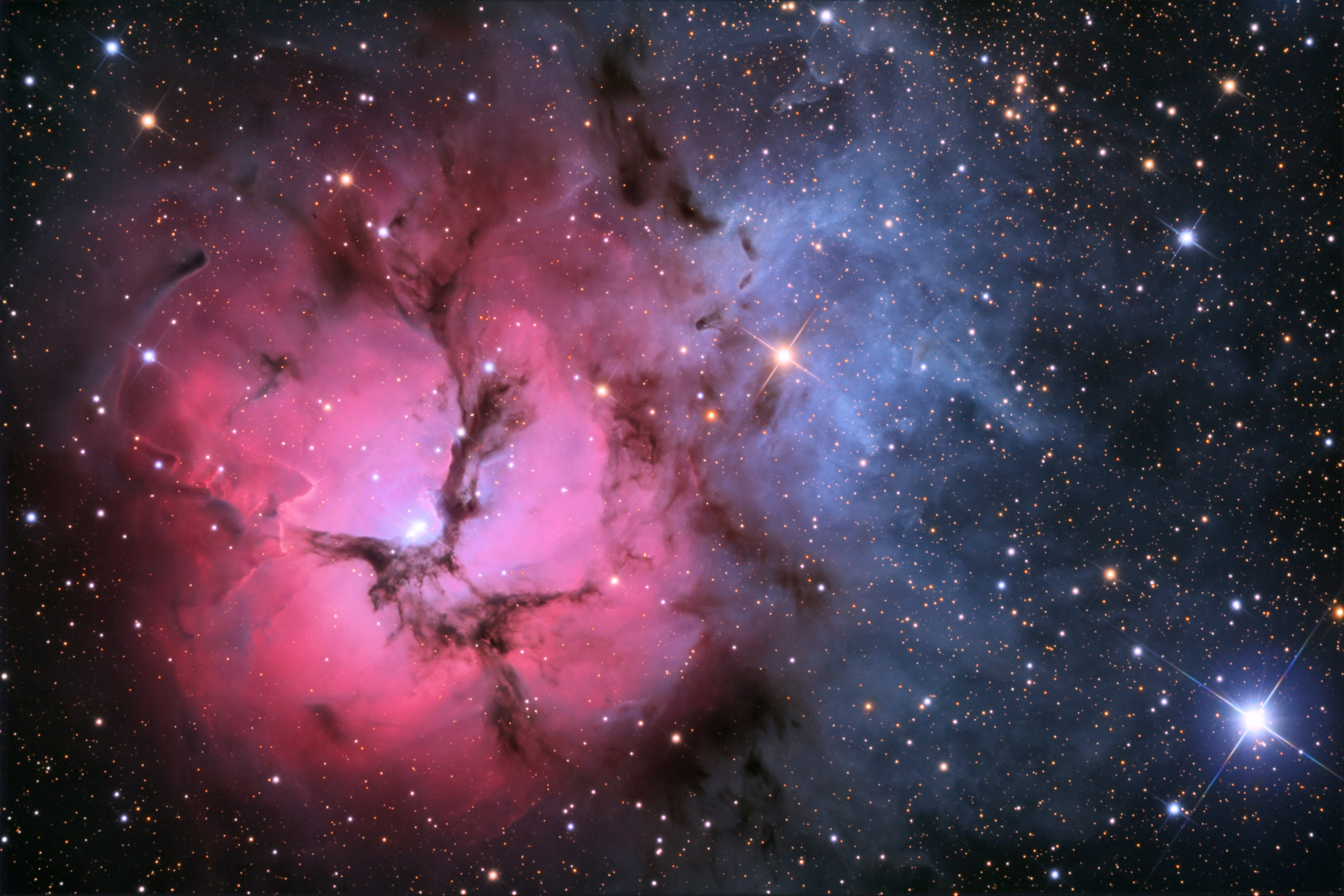
The irreversibility of action is one of the most profound truths of life. When we act, we interact with others from our position of human plurality to accomplish something more creative and powerful than we could ever accomplish on our own. Action is always an inter-action with others, and action is always resulting in an outcome that exceeds our own creativity and personal power. When we act, the consequences of our actions out live our selves. However, forgiveness can reverse the power of destructive action.
The inter-active, inter-personal reality of action is remarkable to consider. Because of our fallen nature and our lack of foreknowledge of future events, our actions can be creatively productive or creatively destructive. For example, we routinely see the creative power of action at work in politics. When DeRay McKesson asserts that #BlackLivesMatter, his actions are multiplied beyond his own power because others subject their personal will to the ideal that other Americans are willing to productively confront the structural devaluing of minority lives in our justice system. When President Donald J. Trump asserts that only he can #MakeAmericaGreatAgain, i.e., #MAGA, his actions are multiplied beyond his own power because others subject their personal will to the creative destruction of the American-dominated world order in favor of re-creating another domestic future.
We saw the irreversibility of action this past week in profoundly destructive and profoundly redeeming ways in Las Vegas. While the shooter may have had (yet unknown) plans effected in his own actions, the destructive power of his actions has been greatly multiplied beyond anything beyond his own power as the losses of life and health ripple through all of the families and communities affected. At the same time, his actions released the creatively redeeming actions of others who sacrificed themselves to protect others, risked their lives to keep the company of the dying, and provide immediate physical and spiritual relief to those who were suffering in the moment. While on the one hand, there was one irreversibly destructive act, on the other hand there were many irreversibly redeeming acts that negated the power of one’s rebellion against the sanctity of life.
In fact, action is so powerful that the only thing that can reverse or undo destructive acts is forgiveness. Forgiveness is the sole personal action that can release the actor and the one who is acted upon from the irreversible consequences of action. This is because forgiveness is so unexpected in the wake of actions with creatively destructive actions. Most of the time, when the circumstance demands forgiveness, it is because the hurt and pain caused by the original action is so deep that it creates a cycle of retribution in which the one acted upon is obligated to reciprocate the original action. Thus, the original action attains its destructive power. But forgiveness can have redemptive power, because it destroys the cycle of retribution while re-configuring the relation between the actor and the one acted upon. Ideally, forgiveness re-configures this relationship so that both parties can proceed as if the original act had never happened. In our human world, this is obviously not true since some of the artifacts of originally destructive acts cannot be reversed or restored (e.g., a man is paralyzed because he was struck by a drunk driver). However, future actions are no longer predetermined by the original act of destruction.
Have the events of the past week made you reconsider the meaning of life? The meaning of our actions? The power of forgiveness?
Peace and Blessings.
